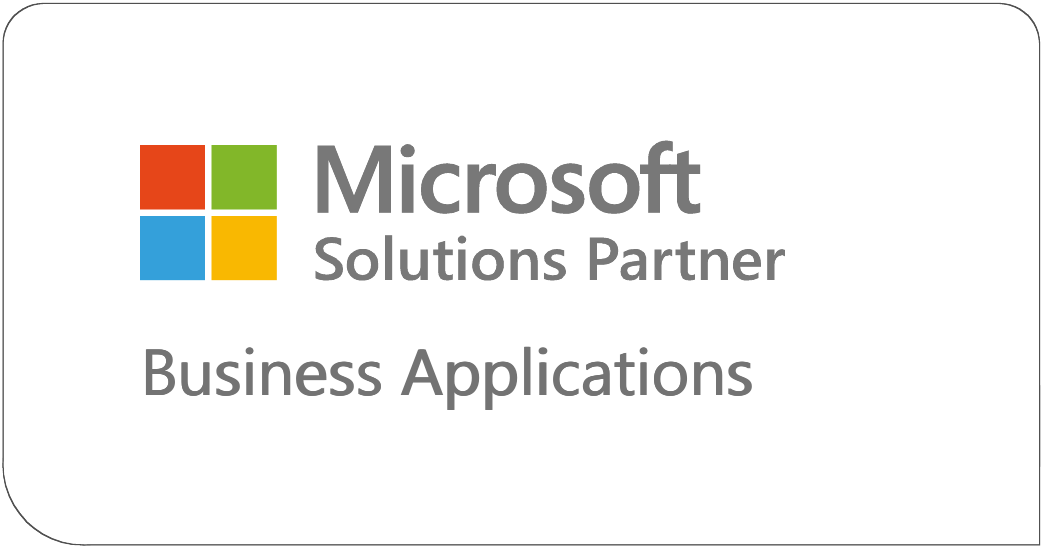| Ayesha Taufeeq
Dynamics 365 Marketing is a powerful marketing automation platform that helps businesses attract, engage, and retain customers. It enables marketers to orchestrate personalized journeys. It is part of the Dynamics 365 ecosystem, which offers a range of integrated applications for sales, customer service, and finance.
Dynamics 365 has 3 different areas to enable marketers to optimize their marketing.
Real-time Marketing, Outbound Marketing, and Event Management.
Real-time Marketing
Real-time marketing involves creating trigger-based customer journeys, custom triggers, and SMS and push notifications. It allows marketers to trigger customer journeys in real time based on the signals and rich profile data they collect from their customers, pick the right channel for each individual, and connect with them when available.
With real-time marketing, Marketeers can respond to customer actions in real-time. They can set up trigger-based journeys to interact with customers at the time when they are available. For instance: if someone visits the company website or connects to the company Wi-Fi – what marketing messages or emails should they get? So, the idea here is to connect with customers at every touch point to build brand loyalty. Personalizing messages through dynamic text helps marketers build a long-term relationship with them and gives a human touch to them.
Outbound Marketing
Outbound Marketing enables marketers to create and execute targeted marketing campaigns to reach potential customers. Outbound Marketing enables marketers to send marketing emails, create custom customer journeys, automatically score leads, design and configure marketing pages, and create social media posts. All of it allows marketers to connect their marketing and sales processes seamlessly. Outbound marketing helps businesses turn their prospects into leads and, eventually, customers by capturing leads, qualifying the hottest leads with automated lead scoring, and managing them through custom-crafted messages.
Event Management
This area of Dynamics provides features to manage all event needs in one place. It helps businesses plan, promote, and publicize an event, manage registration, broadcast the webinar, generate and nurture leads, and view insights for data-driven decisions. The event management module allows webinars on Microsoft teams and other webinar providers and helps businesses stay in touch with event participants by sending personalized registration materials, surveys, and emails to drive awareness and engagement.
Dynamics 365 – Prominent Features and Functionalities
Lead Management
Dynamics 365 helps marketers in lead management. It is a process of identifying, scoring, nurturing, and tracking potential customers. It involves capturing lead information through forms, landing pages, and CRM and eventually scoring and ranking them based on their likelihood of becoming customers.
In Dynamics 365 Marketing, marketers can use forms, web content management, and email marketing tools to capture lead information and track customer interactions. Automatic lead scoring helps businesses prioritize leads to take the initiative to convert them into customers. Dynamics 365 can create automated customer journeys to set up automated workflows and nurture lead over time by sending them targeted emails or alerts based on their actions or inactivity.
Segmentation and Targeting
Segmentation is a process of dividing customers into various groups based on specific characteristics and interests. Whereas targeting is choosing the viable segment to market the offering or marketing message to customers. Marketers can create two types of segments in Dynamics 365 Marketing.
Dynamic segments are set up using logical expressions, such as "all contacts from New York" or "all contacts aged above 18." Membership in dynamic segments constantly changes to reflect new or removed contacts and updated contact information. Both demographic and firmographic segments are examples of dynamic segments.
Static segments establish a static list of contacts selected on a per-contact basis rather than created logically based on field values. Marketers and salespeople might create and populate a static list based on personal knowledge or offline interactions.
Automation and Personalization.
Dynamics 365, through dynamic text, help marketers personalize their message to deliver custom and personal message to customers. Furthermore, it helps marketers send a custom-crafted message per the user persona and interest, making the message relevant to the target audience.
Furthermore, custom customer journeys automate sending emails and save users the time and hassle of sending emails manually. Furthermore, built-in templates and drag-and-drop functionality for designing the emails and notifications make the designing process easy, reducing the time required to craft and execute the campaign.
All of the features and functionalities make the platform user-friendly. It helps businesses to get started quickly and efficiently. Furthermore, its integration with other Dynamics 365 applications helps businesses share data and increase collaboration with sales, customer service, and finance teams.
Overall, Dynamics 365 Marketing is a comprehensive and powerful platform that can help businesses of all sizes streamline their marketing efforts and drive growth.
Join us next time, as we continue our journey of learning canvas apps.Click here to learn more about Imperium's Power Apps Services. We hope this information was useful, and we look forward to sharing more insights into the Power Platform world.

